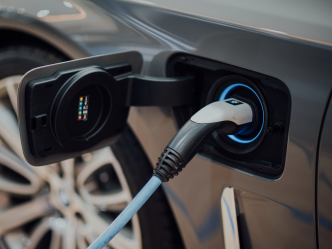So far, 2022 has been — in a word — volatile. With the emergence of omicron, supply chain issues choking the economy, inflation the highest it has been in decades and now war drums beating in Europe, investors are getting nervous and the markets are showing the strain. It’s been a roller coaster for investors, leading some to question, where is the best place to put your money?
“Frankly put, if one can’t stomach when the roller coaster drops, don’t get on the ride. If one does not have much tolerance for risk, they should not invest in the stock market,” said Dr. Wendy Habegger, a lecturer of finance at Augusta University’s Hull College of Business.
“If one is already invested in the stock market and breaking into a cold sweat every time they look at their stocks, then they need to take a cash position, meaning cash out of the stock market. The market does not reward anyone based upon their level of anxiety. What good is making gains on stocks if one will turn around and spend those gains treating their ulcers? I liken it to pro sports athletes who don’t retire when they are still healthy. What good is all the money they earned if they are only going to be spending it on medical treatments for the rest of their lives? What kind of quality of life is that?”
Like any good investment, the time to buy is when the market is low. That may be now.
“Whenever the market trends down, it is always a great time to buy stable companies with solid cash flows and certain commodities. Look for those companies and commodities that always do well regardless of what is happening in the economy. One should do this if and only if they can tolerate risk,” added Habegger.
There are always other options when it comes to investment.
“Again, this depends upon their level of risk tolerance. If they are risk tolerant, they should shift into less-risky investments. If they are not risk tolerant, cash out and put it in their savings accounts or CDs.”
When it comes to money, Habegger said it’s always a good idea to have some set aside that you can access when needed.
“Yes, but I don’t go by the standard rule of thumb for emergency savings — having three to six months of expenses saved. I teach students their goal should be to have 12 months of expenses saved. The three to six months rule is obsolete. We saw this with the recession of 2007-09 and with the pandemic. People need to be able to live without employment longer because there is no definitive time frame for when one will find gainful employment and the government should not be relied upon to support the mass population in the meantime. Also, even when the government does provide assistance, not everyone receives it and some still never recover from the aftermath.”
 Augusta University
Augusta University



